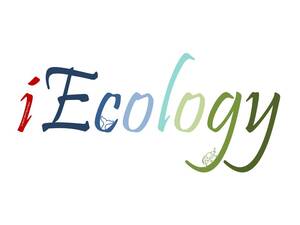API (Application Programming Interface): a set of protocols and tools that provide communication interface between applications, commonly between a client and the server, to enable simplified construction of client-side software.
Augmented reality: digital devices that electronically supplement elements of the physical world with portable, interactive, computer-generated attributes and synthetic sensory inputs.
Big Data: large volumes (petabyte scale upwards) of structured or unstructured data that require advanced tools for management and processing. Also denotes a unique field that explores methods to store, analyze, and generally deal with voluminous data that is too complex to be handled with traditional processing methods.
Conservation culturomics: emerging area of study that explores human interaction with nature through the quantitative analysis of digital data.
Ecological informatics (ecoinformatics): interdisciplinary framework for the management, analysis, and synthesis of ecological data by advanced computational technology.
Ground truthing: a process of obtaining information by direct observation, used as empirical evidence to test or validate inferred information.
Metadata: a set of data that provides basic information about other data, and facilitates tracking and processing. Examples include timestamps, geotags, information on data providers, data type, or precision.
Timestamp: a digital record of time that defines when an event has occurred.
Augmented reality: digital devices that electronically supplement elements of the physical world with portable, interactive, computer-generated attributes and synthetic sensory inputs.
Big Data: large volumes (petabyte scale upwards) of structured or unstructured data that require advanced tools for management and processing. Also denotes a unique field that explores methods to store, analyze, and generally deal with voluminous data that is too complex to be handled with traditional processing methods.
Conservation culturomics: emerging area of study that explores human interaction with nature through the quantitative analysis of digital data.
Ecological informatics (ecoinformatics): interdisciplinary framework for the management, analysis, and synthesis of ecological data by advanced computational technology.
Ground truthing: a process of obtaining information by direct observation, used as empirical evidence to test or validate inferred information.
Metadata: a set of data that provides basic information about other data, and facilitates tracking and processing. Examples include timestamps, geotags, information on data providers, data type, or precision.
Timestamp: a digital record of time that defines when an event has occurred.


